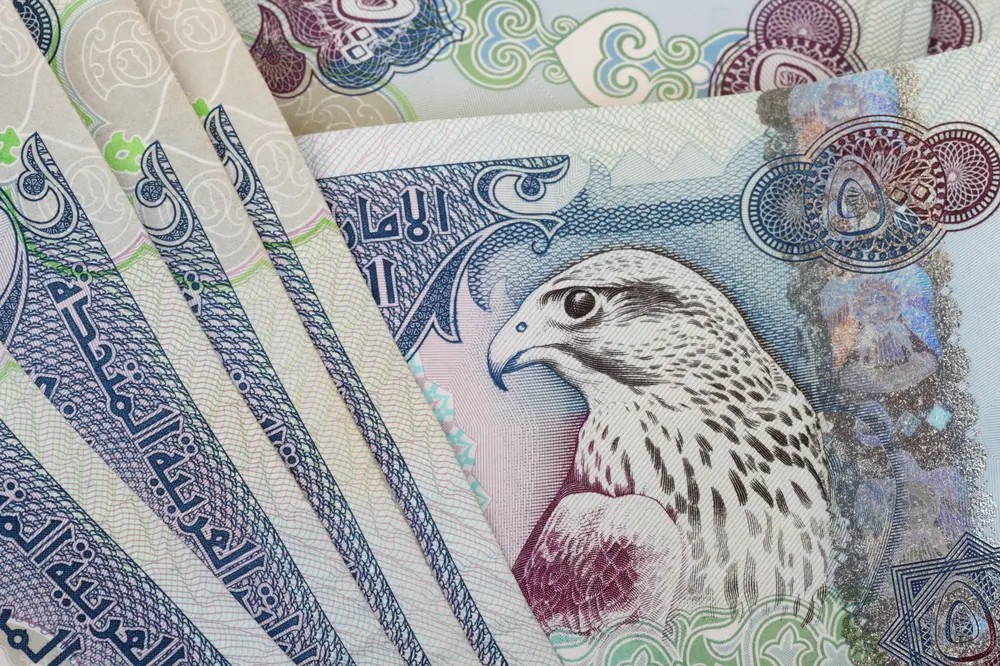PHOTO
DUBAI - Abu Dhabi sold its first ever 30-year sovereign bond on Tuesday as part of a $10 billion triple-tranche debt issue that drew heavy demand.
The sale followed a $12.5 billion bond issue by Saudi Arabia last week - the largest emerging market bond sale in 2017 - and was the latest jumbo sovereign offering from Gulf states tapping the debt markets in a period of low oil prices.
Abu Dhabi has long been seen as the safest credit among Gulf Cooperation Council sovereigns and its issue on Tuesday, of five, 10 and 30 year maturities, had attracted more than $30 billion in demand, a document issued by one of the banks leading the deal showed.
Extending its bond curve to 30 years, Abu Dhabi joins the other Gulf states which - with the exception of Kuwait - have all issued debt with a 30-year tenor over the past two years, aiming to deepen their yield curves and tap into global demand from investors seeking high yields in a low rate environment.
Initial pricing guidance for the three-tranche Abu Dhabi issue was considered "generous" by investors when compared to existing Abu Dhabi bonds maturing in 2021 and 2026, issued last year.
But strong demand for the paper allowed the lead banks to tighten price guidance by 20 basis points across the three tranches.
The emirate launched its new bonds with a new issue premium estimated at roughly 10 basis points over the existing 2021 bonds, and 15 basis points over the existing 2026 bonds, according to Richard Briggs, a credit strategist at research firm CreditSights.
However, one Abu Dhabi-based fund manager said that new issue premium - the price an issuer is ready to pay over its existing bonds in order to attract demand for their new issuance - was "not particularly generous" for investors, particularly when considering that the new issuance comes more than a year after Abu Dhabi's previous one, in April last year.
Price premiums for new issuances normally range between 5 bps and 10 bps per year.
Abu Dhabi sold $3 billion with a five-year tenor at 65 bps over U.S. Treasuries, down from an initial guidance of 85 bps. It sold a $4 billion bond with a 10-year tenor at plus 85 bps, down from an initial guidance of 105 bps, and a $3 billion bond maturing in 2047 at plus 130 bps, down from initial price thoughts of 150 bps.
The final terms of the 30-year paper put it around 20 basis points below Qatar's 2046 bonds, issued last year, but wider than other emerging market sovereigns rated single A or above, such as Chile, Israel and South Korea. "The GCC tends to trade wider than most EM sovereigns," noted Briggs.
Abu Dhabi is rated Aa2 by Moody's and AA by Standard & Poor's and Fitch. BofA Merrill Lynch, Citi, First Abu Dhabi Bank, HSBC and JP Morgan were the joint lead managers and joint bookrunners on the bond transaction.
(With additional reporting by Robert Hogg in London; Editing by Susan Fenton) ((Davide.Barbuscia@thomsonreuters.com;))





















